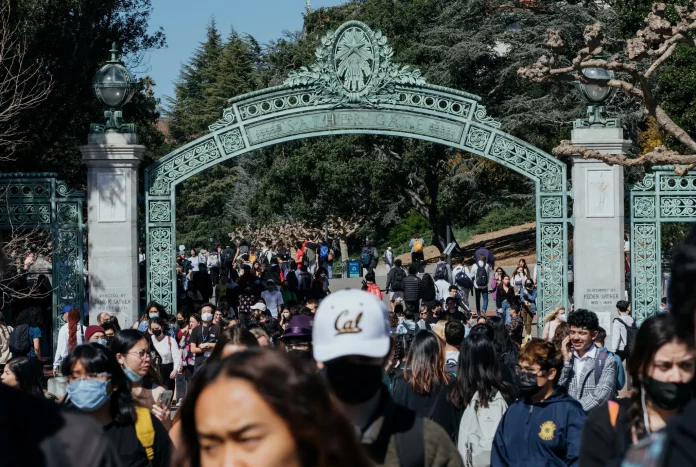After a fierce battle between U.C. Berkeley and the members of “Save Berkeley Neighborhoods,” Governor Gavin Newsom recently signed legislation to ensure that students in this fall’s incoming class can live on-campus. A recent court order would have prevented three thousand students, primarily freshman and transfer students, from being admitted. This could lead to disproportionately high impacts for students from disadvantaged backgrounds, including some Oakland Tech seniors.
The residents who make up the group “Save Berkeley Neighborhoods” initiated the lawsuit on the grounds of the California Environmental Quality Act (CEQA). The neighborhood nonprofit sued the university in 2018, arguing that the university failed to meet CEQA requirements. The group’s main objective is to require U.C. Berkeley to add more housing before they admit more students. Last summer, the California Supreme Court ruled in favor of the neighborhood group and issued an order that rolled back and capped the University’s enrollment to its 2020-21 level of 42,000 students. Until the school met the standards of a CEQA environmental study’s long-range growth plan, it could not admit a higher number of students. SFGate reports that this potentially massive financial blow to the University could have cost as much as $57 million dollars in tuition losses. To maintain admission growth, U.C. Berkeley planned to increase online enrollment and ask incoming students to delay their admissions until the beginning of 2023.
However, on March 14th, Newsom signed a California law into action that overrides the California Supreme Court’s decision to cap enrollment. This law permits the University to admit several thousand more prospective students than anticipated. California’s lawmakers still disagree on what the future holds for CEQA and whether it should be reformed.
Berkeley’s residents are worried about this law being overturned. The president of Save Berkeley Neighborhoods, Phil Bokovoy, states that “more than 10% of Berkeley students suffer homelessness during their education…and 15% suffer from food insecurity.” He adds that students may mirror University of Santa Barbara students who have to “live in cars, campers and hotels.”
To prevent an increase in student homelessness, U.C. Berkeley will have to augment housing opportunities for future classes.
